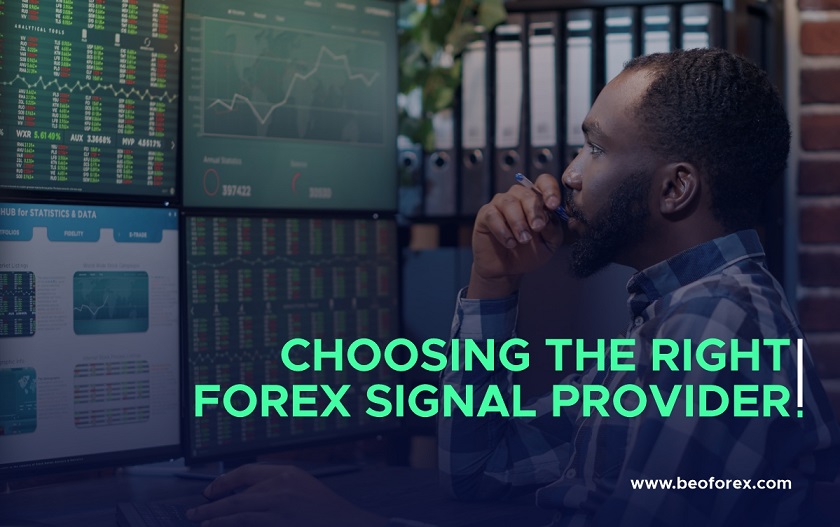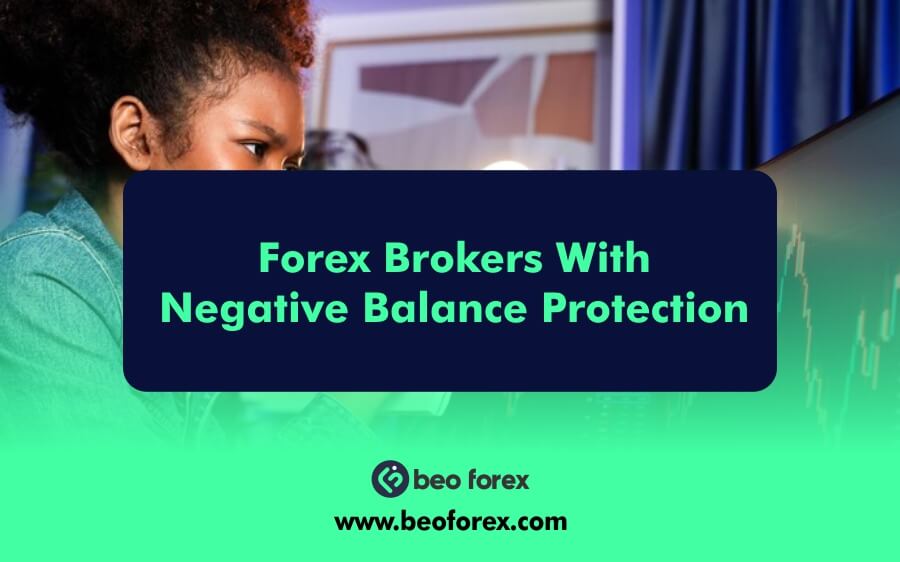We’ll cover what you need to know about trading signals, choosing the right forex signal provider, how to pick the one that’s right for you, and how to make the most of them.
Although there are many chances in the financial market, mastering market analysis to identify profitable trading setups is far from simple. You question if trading signals are worthwhile because they appear like a decent option.
Trading signals unquestionably word and worth your time and money, particularly if you don’t already have a successful trading strategy. Trading signals give you the ability to profit from market possibilities without having to conduct your own market research, but make sure to choose a signal provider that is appropriate for your particular scenario.
What are Trading Signals?
Trading signals are alerts regarding potential trade setups in various financial markets that are given by a signal provider. The subscribers who receive the signals and trade in accordance with their suggestions might receive them via emails, SMS, WhatsApp, Skype, Telegram, or any other messaging tool. The signal is manually executed in this scenario.
There are also trading signals that are automatically carried out within the trading platform, causing the trade made by the signal provider to be reproduced in the subscribers’ trading accounts. This is referred to as mirror trading or copy trading.
A trader with a proven track record of success who provides trading signals is typical. A trading firm that focuses on market analysis and trading could occasionally offer a trading signal service. In any event, a trading signal can be automated or reproduced within a trading platform, but subscribers must manually execute them if they receive them through messaging apps.
The financial instrument to trade, the entry price, the stop loss price, and the profit target price are typically included in a manually executed trading signal. There may also be advice on how to manage the trade, such as when to close a portion of the transaction and when to move the stop loss to breakeven.
Some signals might recommend a set-and-forget technique, or passive trade management, in which you set your stop loss and profit target orders and leave the trade open until one of them is reached, closing it with either the anticipated profit or the anticipated little loss.
Some signal providers may also include charts and explanations of their analysis in the signal package in addition to all of the above. You may trust the signals and improve your trading skills by understanding the reasoning and the rationale behind the trade setup.
Can Trading Signals Help your Trading?
You might believe that you are capable of trading without the assistance of a trading signal. While enrolling in a trading course and dedicating the necessary time to learning how to trade may make that possible, trading signals can help your trading journey in a variety of ways. The following are some advantages of trading signals:
- Easily make profit from the financial market: You can take advantage of the chances in the financial market with the help of trading signals. Finding trading chances doesn’t require you to go through the time-consuming and challenging process of learning how to assess the markets. All you have to do is sign up for a signal service, wait for the signals, place your trades, and profit.Finding profitable trading setups is solely done by the signal suppliers. Along with identifying trade settings, they also suggest the appropriate stop loss and profit objectives. Some even go so far as to make management suggestions, such as when to close a portion of the trade and when to adjust the stop loss to breakeven.
- Learn how to trade the market: You can learn about the financial market and how to assess them with the aid of a trading signal. This is especially true if the signal provider provides explanations of the trade situations and attaches charts to the signal package. You can see the components of the trade setup and the logic behind them in the analysis. Explore the important steps in choosing the right forex signal provider below.The explanations can also highlight the market-moving variables and the anticipated magnitude of their effects. You can learn a few things about how the market functions from those. Additionally, you could learn about several chart patterns, candlestick patterns, and indicators.
- A major way to improve in your trading: High-quality trading signals can greatly enhance your trading, even if you already have market expertise and have been trading profitably. You will first gain insight into the signal provider’s viewpoint on the market, his thought process, and his method of market analysis.The trading signals can also provide you with fresh trading concepts to investigate. If these concepts show promise, you can use them to develop fresh trading techniques. As a result, you can use the indications to improve the trading methods you already employ.
- Diversify you approach to the financial market: A seasoned trader is aware that no single approach consistently outperforms the market. While some techniques perform well when the market is trending, others perform best when the market is moving sideways. Therefore, it benefits from having a variety of marketing strategies.A trading signal provides a different perspective on the market, which can help you diversify your market exposure. You can reduce your market risk overall by varying your exposure. When one strategy performs poorly, another one could excel and help to make up for the weak performance of the first.
Choosing The Right Forex Signal Provider
If you are able to choose a good trading signal, it will be worthwhile. But how can you tell if a trading signal service is reliable? Let’s look at the factors you need to take into account while selecting a trading signal.
Explore the Provider’s Track Record
Do your research on the provider’s track record before subscribing to any trading signals. The supplier might provide certain trading statistics and data; be sure to examine these to confirm the validity of their track record. When examining the services offered by the supplier, keep an eye out for these things.
- History: To determine how long a supplier has been in the trading signal business, find out when they first began to offer the service. Select a signal supplier with a minimum 5-year history in the industry. Since they have dealt with various market conditions, their profitability is not likely the result of chance; they must be skilled in their field.
- Check for consistency in the provider’s signal performance: In addition to their track record. Finding out if they have remained consistent over the course of those years is more important than just the fact that they began functioning five years ago.
- Assessment of their profitability: How often do they win trades, and how much money do they make from each one? To determine the profit factor, compare this to their loss rate and the amount they lose on each losing trade. You might also take into account the typical reward-to-risk ratio of their trades.
- Risk: In this case, you think about how they deal with trade risks. Use stop loss orders among them? What is the maximum withdrawal of their equity? Compare that to the maximum drawdown from their account balance. If the discrepancy is significant, they might only be pretending to stop loss. It should be noted that although account balance drawdown displays realized losses, equity drawdown represents unrealized losses in open trades.
Consider the Cost of the Trading Signal
Verify the cost of the signal subscription for one month and one year. Whether or not to purchase the signal service depends heavily on the cost of the trading signal. When compared to the size of your trading account, a pricey service might not be worth the money. If you have a $1,000 account and subscribe to a signal service that costs $400 a year, you will need to generate a profit of at least 40% to break even.
However, extremely low-cost or even free signal services are not recommended either, as the provider will force you to utilize a particular broker and make money from commissions.
Provider Sustainability
The trading signal’s sustainability for your particular circumstance is another important factor to take into consideration. For instance, you shouldn’t join up for a signal service that delivers day trading signals if your goal is to swing trade. The signals may be difficult for you to use correctly because they need to be executed quickly.
Additionally, if you prefer intraday trading, you must ensure that your time zone matches the signal provider’s in order to avoid having to stay up late trying to complete trades or missing certain deals while you are sleeping.
Conclusion
If you know how to choose a the right forex signal provider, trading signals are worthwhile. However, in order to make the expense of the signal service worthwhile, your account must be sizable. The returns must be sufficient to cover the expense of the signal while still leaving you with a respectable profit. The signal must be strong enough to offer profitable returns.

























